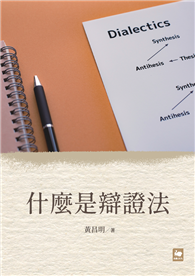This book is a sweeping reexamination of the evolution of the state, covering the indigenous orders of pre-Columbian America, the Spanish, Portuguese, and British Empires in the Americas, and their major successor states of Mexico, Brazil, and the United States.
Exploring the mechanisms of colonial order construction and the way in which that process prepared the ground for the emergence of national empires after independence, Niaz contends that the destruction of indigenous demography and culture was so complete that the societies and states of the New World are colonial in their basic fabric, thereby diverging from the Asian and African experience of European colonial rule. Independence from European empires intensified repression, instability, and inequality in each of the successor states, turning the rhetoric of equality and revolutionism into a legitimizing device for extraordinarily brutal regimes that completed the colonizing mission begun by European states. The volume examines these contradictions from a South Asian perspective and places the Americas in the broader narrative of the world’s historical experience of governance and arbitrary rule.
New World Empires is intended for academics, professionals, and students interested in American Studies, political studies, and the history of governance in the Americas.











